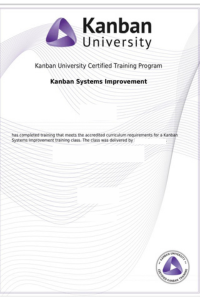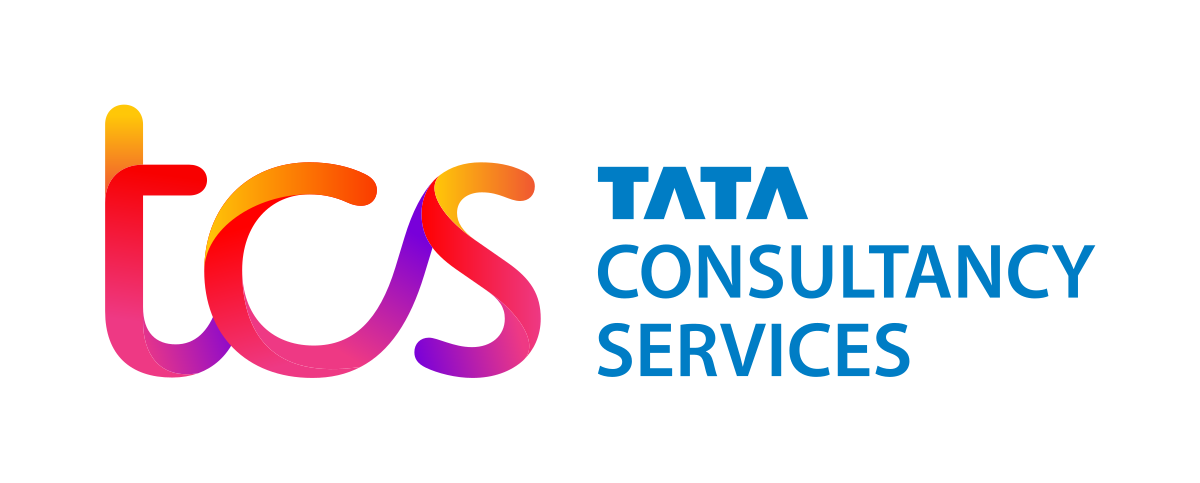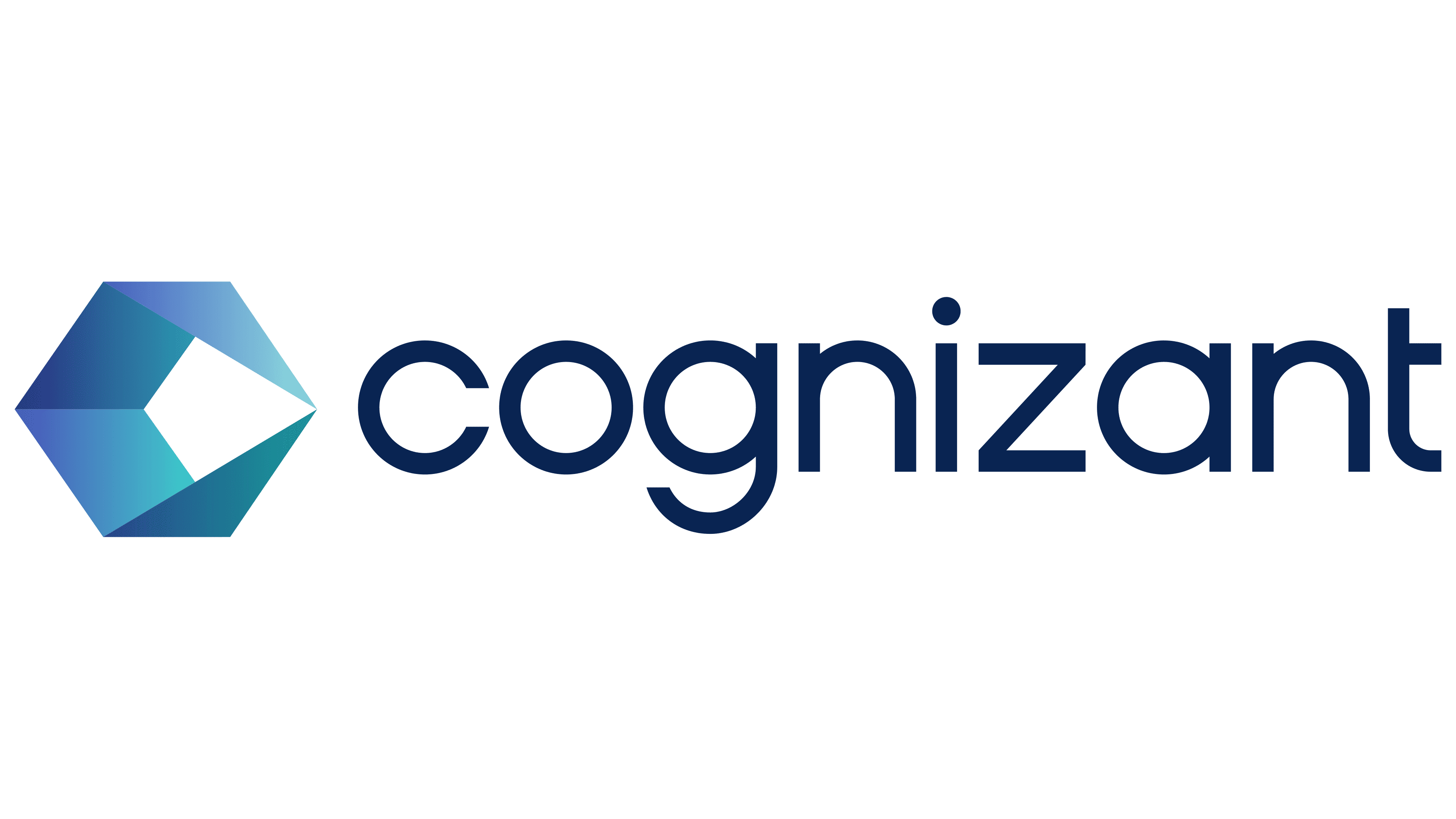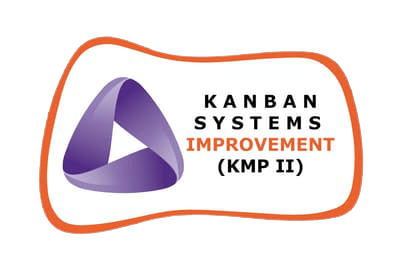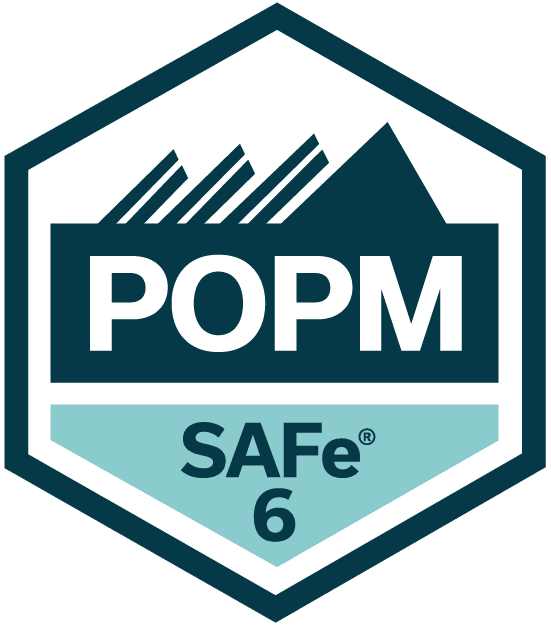Kanban System Design (KMP-I) Certification Training
3000+
Learners Enrolled

Kanban certified professionals are in demand across global markets

Kanban Consultants earn an average of INR 25 lakhs to INR 50 lakhs per annum

Delivered by 23+ years of industry Experts

100% Money Back Guarantee

5 / 5

4.9 / 5
Key Features

2-day online/classroom training

Taught by experienced AKT

Access digital materials with clear illustrations

Earn a globally recognized KMP-I certificate

Certification fee included

Practical insights into real time case studies and simulation

Personalized guidance from experts

Over 2,000 professionals trained

100% success rate
Course Curricullum
The course begins with an interactive introduction to Kanban, focusing on how flow impacts team performance and efficiency. Participants will take part in a flow simulation, exploring four different scenarios to understand the effects of limiting work in progress, improving throughput, and reducing lead times. Through this experiential learning, participants will recognize bottlenecks, inefficiencies, and the impact of different flow strategies in a controlled environment before applying them to real-world situations.
In this module, participants will gain a deep understanding of the Kanban Method, its origins, and its foundational principles. The session covers the essence of Lean Kanban, focusing on how Kanban drives efficiency and continuous improvement without disrupting current processes.
Participants will explore the six core Kanban practices, which serve as the foundation for implementing a successful Kanban system:
Visualizing Work: Making workflow visible to enhance clarity and collaboration.
Limiting Work in Progress (WIP): Controlling the amount of work being actively done to improve focus and delivery speed.
Managing Flow: Ensuring smooth and predictable progress by monitoring and optimizing the movement of work items.
Making Process Policies Explicit: Establishing clear rules and guidelines to enhance consistency and understanding.
Implementing Feedback Loops: Using regular reviews and retrospectives to drive continuous improvement.
Improving Collaboratively and Evolving Experimentally: Encouraging a culture of small, incremental changes based on real-world data.
Additionally, participants will dive into core Kanban metrics and charts, including Cumulative Flow Diagrams (CFDs), Lead Time Distribution, and Flow Efficiency. The module concludes with an exploration of Kanban systems and Pull Systems, demonstrating how teams can regulate work intake to maintain sustainable delivery.
The Systems Thinking Approach to Introducing Kanban (STATIK) is a structured method for designing and implementing Kanban in any organization. Participants will follow the six-step STATIK process, including:
Identifying sources of dissatisfaction to uncover areas for improvement.
Analyzing demand and capability to balance workload distribution.
Modeling the workflow to visualize and enhance existing processes.
Identifying classes of service to categorize and prioritize work effectively.
Designing a Kanban system that aligns with organizational goals and team needs.
To reinforce these concepts, participants will examine a real-world case study from Microsoft XIT, analyzing how the implementation of Kanban transformed their workflow, improved efficiency, and yielded measurable results.
In this hands-on module, participants will apply their learning to design a Kanban system tailored to their work environment. Topics covered include:
Key elements of Kanban system design, such as workflow visualization, explicit policies, and work item types.
Ticket design, ensuring tasks and work items contain the necessary information for smooth execution.
Real-world Kanban boards, showcasing different formats and approaches across various industries.
Designing your own Kanban system, where participants will create and refine a working Kanban board based on their specific workflow.
The course concludes with closing thoughts and best practices, helping participants develop an action plan for implementing Kanban in their teams and organizations.
Course Fee
Live online classroom
Learn in Expert-Led Live Sessions
Live online classroom

Lifetime Lean Kanban University Membership

16-Hour Live Instructor-Led Training

Delivered by 23+ years industrial experts
Upcoming Batches
Solid Experiential Learning
View all schedule₹42,999
₹ 35,000
Enterprise Training
Upskill and Reskill Your Teams
Customized Corporate Training

Harness the Power of Immersive Learning

Boost Employee Productivity

Align Skill Growth with Business Goals

Unlock High-Demand Skills Across the Organization
About Certification
- Visualizing workflows to identify bottlenecks and delays.
- Limiting work-in-progress (WIP) to avoid overloading the team.
- Managing flow to ensure work moves smoothly through the system.
- How to create a Kanban board tailored to your team’s needs.
- Techniques to design or improve an existing Kanban system for better efficiency.
- Ways to improve communication and transparency within your team.
- Establishing shared understanding and accountability.
How to use feedback loops to refine processes and sustain high performance.
Learning Objectives
Master Kanban Practices
Learn and apply Kanban's six core practices for workflow optimization.
01

Design Kanban Systems
Create and implement Kanban systems tailored to your team's needs.
02

Optimize Workflow
Improve efficiency, reduce delays, and enhance delivery speed using Kanban metrics.
03

Foster Collaboration
Increase transparency and improve team communication.
04

Enable Continuous Improvement
Cultivate a data-driven approach to refining processes.
05

Manage Risks Effectively
Develop strategies for risk mitigation and governance.
06

Support Agile Transformation
Transition smoothly from Waterfall to Agile with minimal disruption.
07

Drive Organizational Success
Deliver value faster while aligning with business goals.
08

Prerequisites
This course has no prerequisites, making it open to anyone interested in exploring the Kanban method and developing the skills to effectively leverage its power, regardless of experience level.
Soaring Demand and Career Growth
Annual Salary
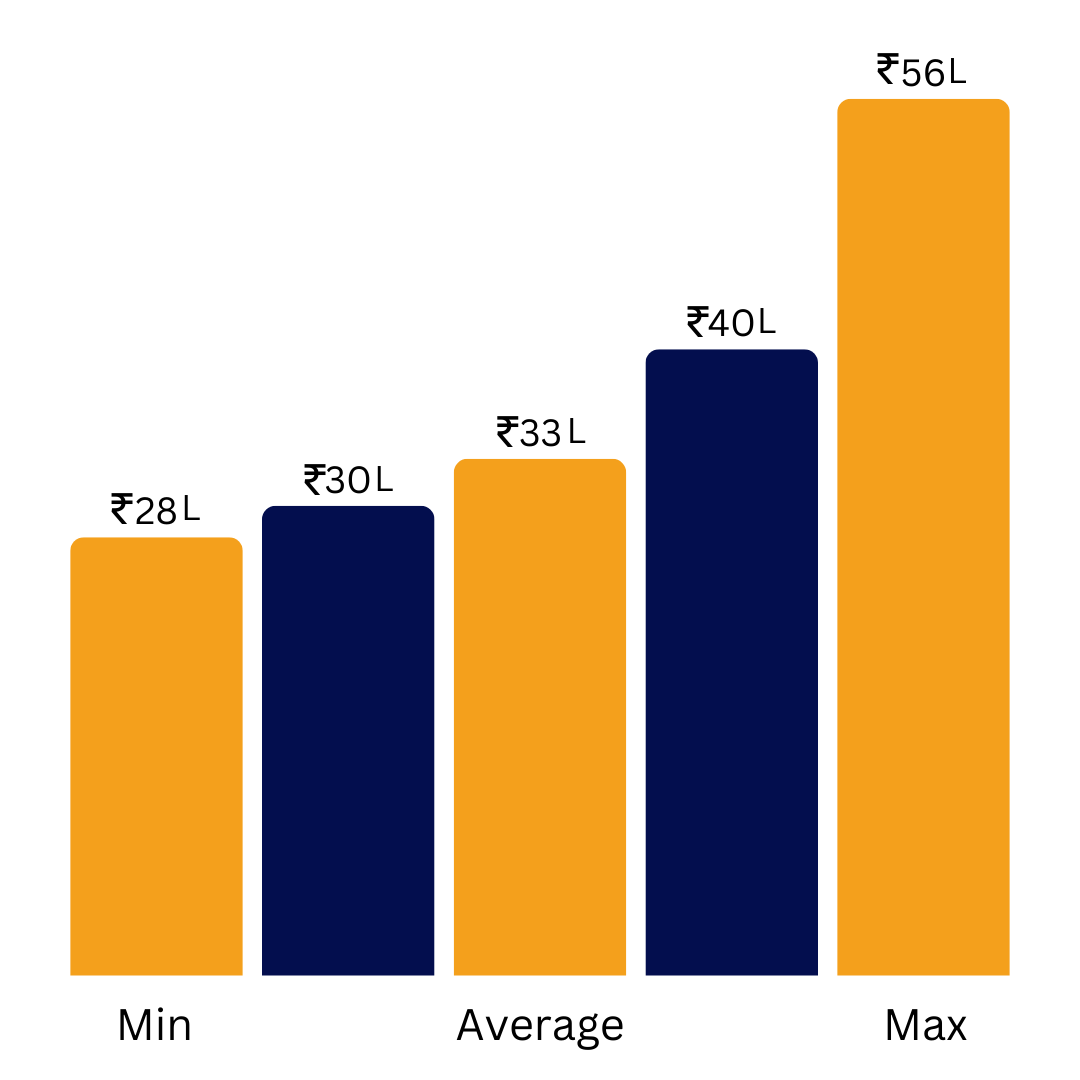
Hiring Companies

Demand

40% Increase
Anticipated in Project Management-oriented roles globally by 2027
Annual Salary
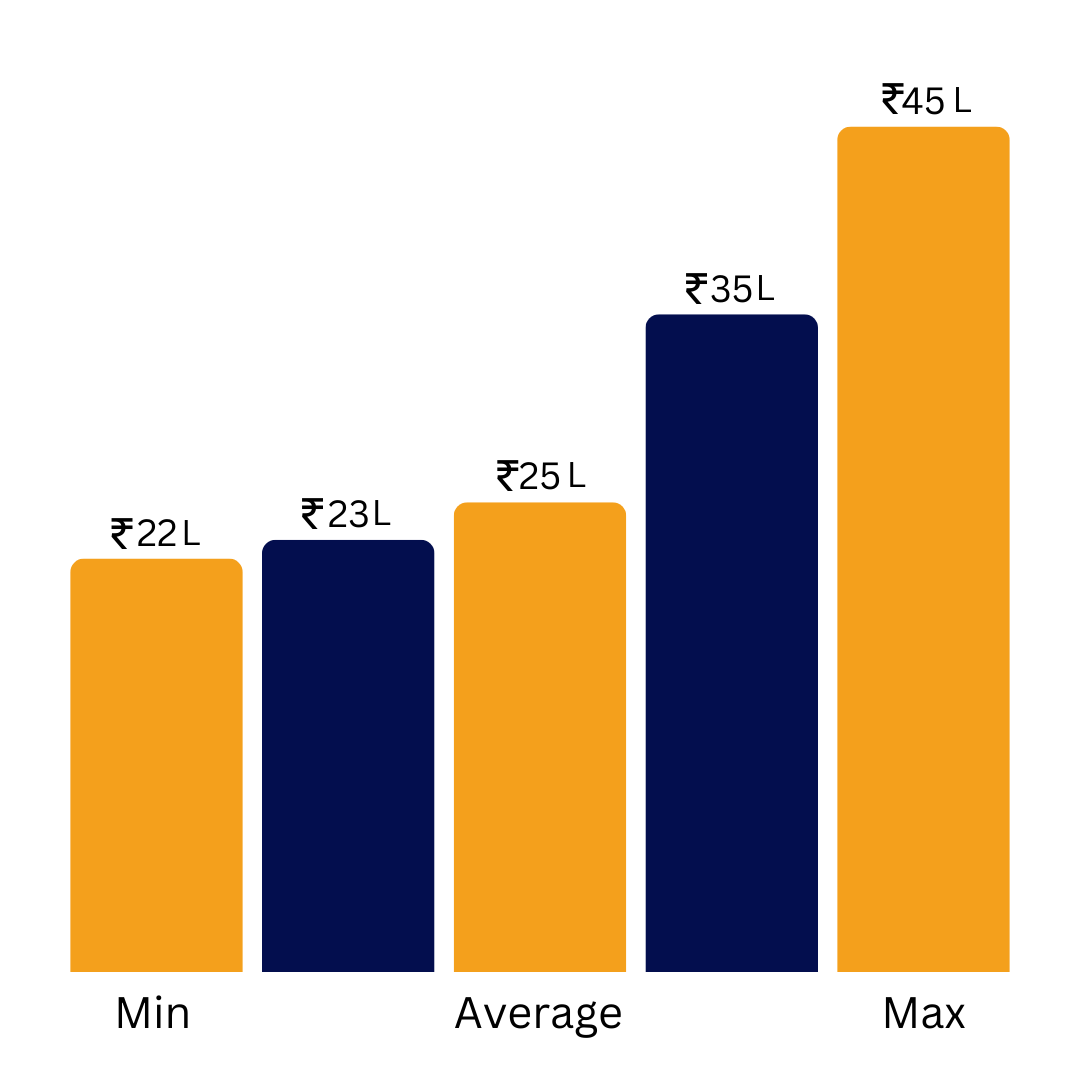
Hiring Companies

Demand

40% Increase
Anticipated in Project Management-oriented roles globally by 2027
Annual Salary
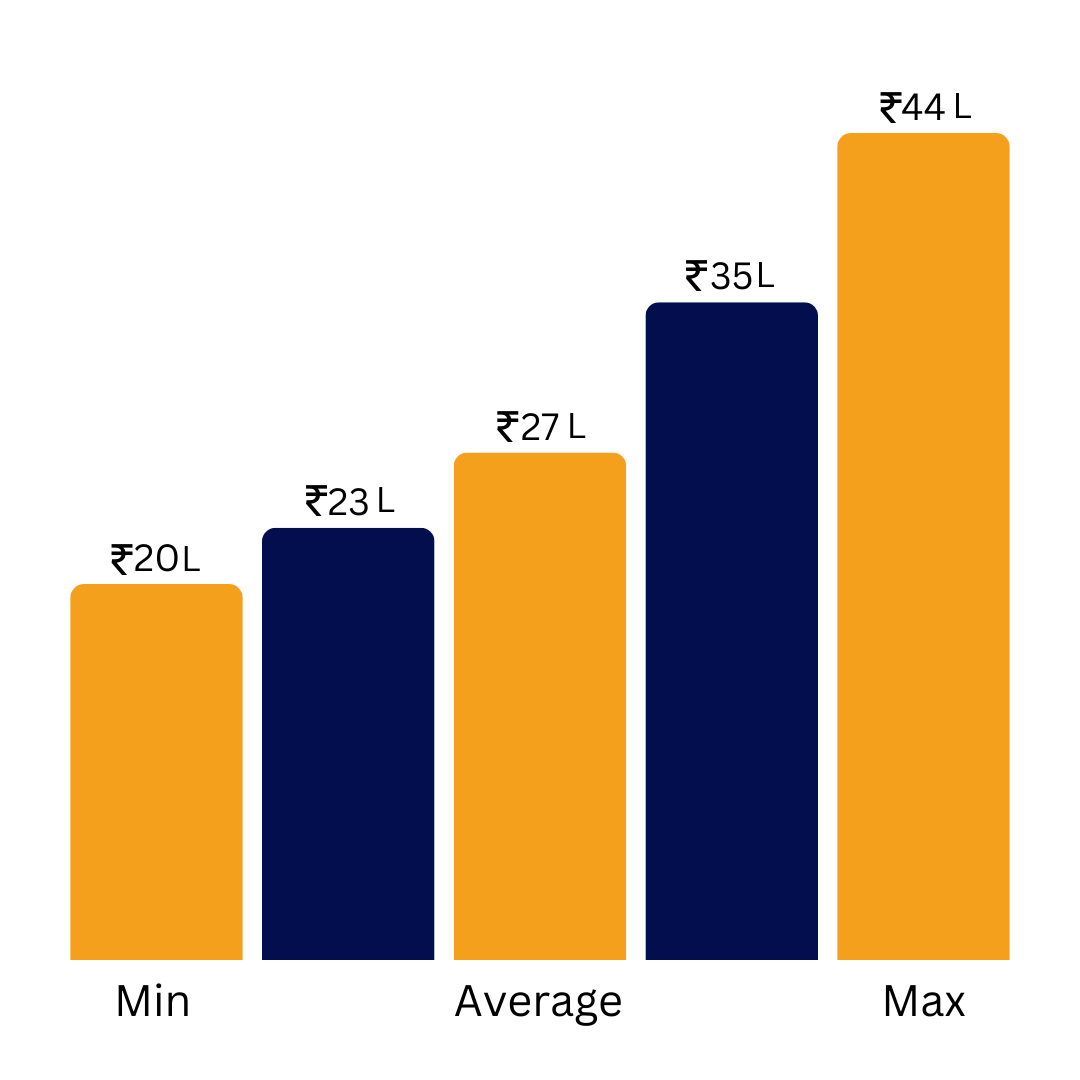
Hiring Companies

Demand

40% Increase
Anticipated in Project Management-oriented roles globally by 2027
Annual Salary
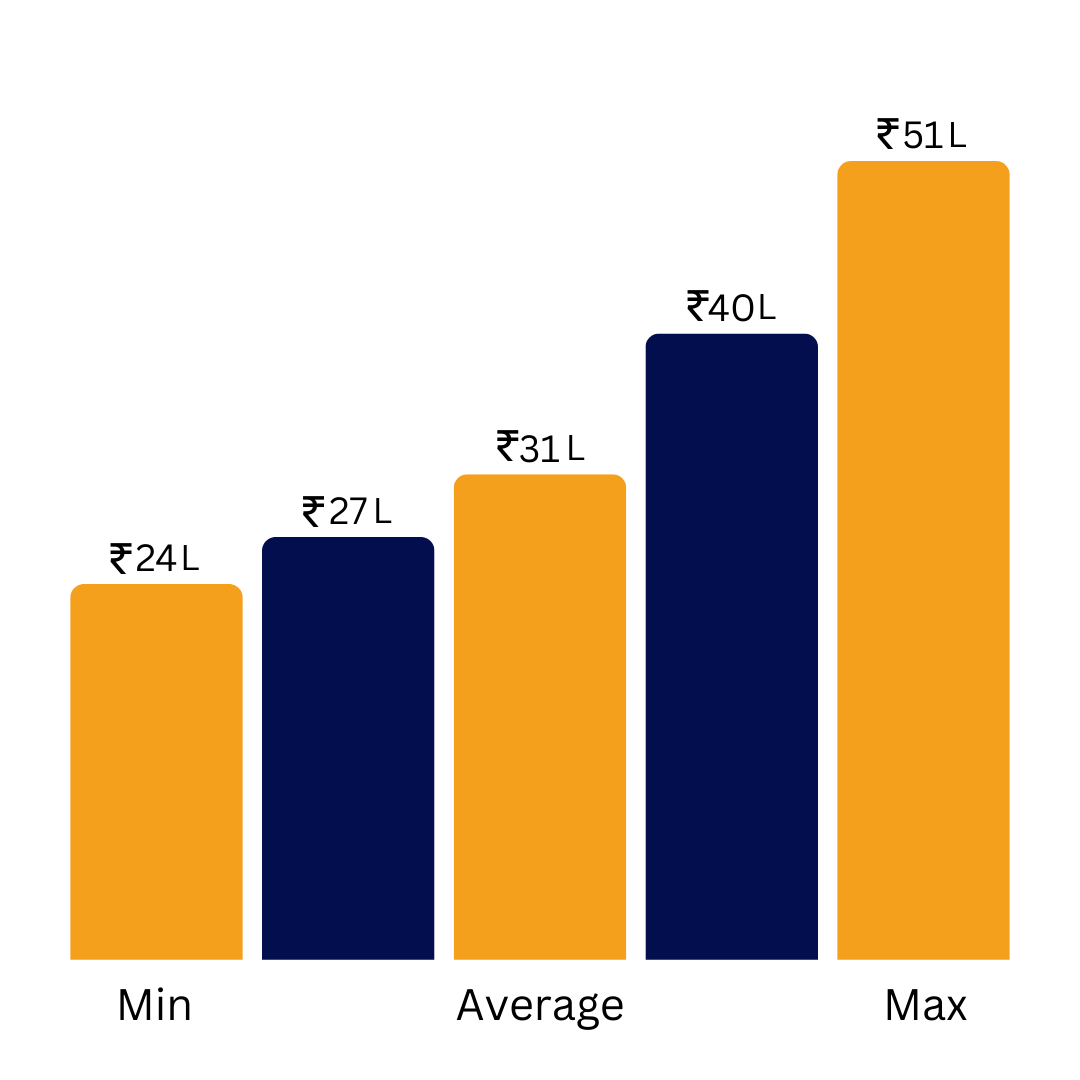
Hiring Companies

Demand

40% Increase
Anticipated in Project Management-oriented roles globally by 2027
Frequently Asked Questions
- Globally Recognized: Kanban University is a trusted authority in the field of Kanban, making this certification widely respected.
- Practical Focus: The training provides actionable insights and tools that can be implemented immediately in real-world scenarios.
- Career Growth: It’s a highly regarded qualification that helps professionals step into roles like Agile Coach, Kanban Consultant, and Project Manager.
- Flexibility for Teams: Unlike frameworks like Scrum, Kanban adapts to your team’s existing workflow, making it easier to adopt.
Master Kanban Practices: Learn and apply Kanban's six core practices for workflow optimization.
Design Kanban Systems: Create and implement Kanban systems tailored to your team's needs.
Optimize Workflow: Improve efficiency, reduce delays, and enhance delivery speed using Kanban metrics.
Foster Collaboration: Increase transparency and improve team communication.
Enable Continuous Improvement: Cultivate a data-driven approach to refining processes.
Manage Risks Effectively: Develop strategies for risk mitigation and governance.
Support Agile Transformation: Transition smoothly from Waterfall to Agile with minimal disruption.
Drive Organizational Success: Deliver value faster while aligning with business goals.
- Broaden Your Skill Set: Gain expertise in Kanban, making you versatile in Agile practices.
- Increase Your Earnings: KMP-I certified professionals often command higher salaries.
- Boost Your Marketability: Organizations are actively seeking Kanban-savvy professionals to lead their Agile transformations.
- Work Globally: Kanban practices are adopted by teams worldwide, creating global job opportunities.
No, you do not need to renew your KMP-I (Kanban System Design) certification.
The certification is lifetime valid and issued by Kanban University, which means once you earn it, you retain it permanently without the need for renewal or additional fees. This makes it a cost-effective and long-term investment in your career growth.
However, to continue advancing your skills, you can explore further certifications like KMP-II (Kanban Management Professional) or other advanced Kanban programs.
Trusted By
Students also signed up for
Kanban Management Professional (KMP II) Certification Training

100% assured results

8 March 2025

Bonus:

2 Days Training
(5 Reviews)
₹ 35,000
₹42,999
Leading SAFe® 6.0 Training with SAFe Agile Certification

100% assured results

8 March 2025

Bonus:

2 Days Training
(5 Reviews)
₹ 35,400
₹65,999
Ai Empowered SAFe® Product Owner Product Manager (POPM) Certification Training

100% assured results

8 March 2025

Bonus:

2 Days Training
(5 Reviews)













 +91 91 4396 4396
+91 91 4396 4396